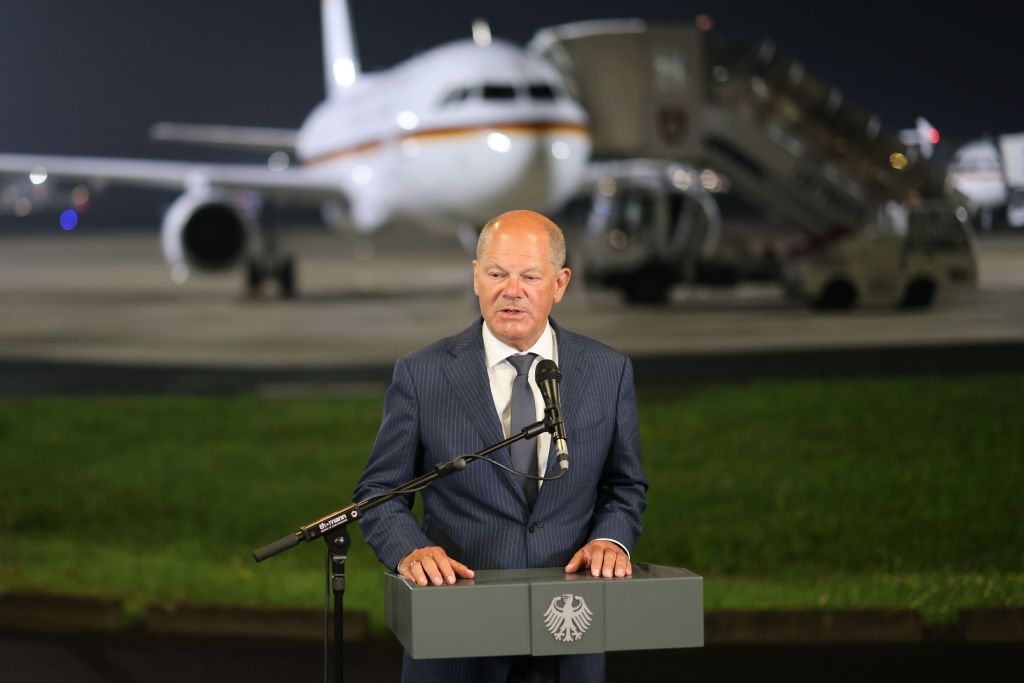German Chancellor Olaf Scholz has expressed his desire to see additional employment opportunities for the “several hundred thousand” Ukrainian refugees currently residing in Germany. This statement comes amidst discussions about potentially reducing aid to Ukrainian refugees, as well as debates surrounding social payments for unemployed refugees. Scholz highlighted that more than 200,000 Ukrainian refugees have already secured jobs in Germany through the government’s Jobturbo program. However, he emphasized the need for further assistance from federal states and employers to help the remaining Ukrainian refugees find employment.
Since February 2022, Germany has welcomed over 1 million refugees from Ukraine, with Berlin having allocated more than 20 billion euros towards accommodation and integration efforts. Despite these significant numbers, reports indicate that many Ukrainian medical professionals face challenges in obtaining approval to work in Germany due to bureaucratic processes. Out of 1,674 doctors who applied to practice medicine, only 187 were granted approval. This highlights the need for more streamlined processes to enable skilled Ukrainian refugees to contribute to Germany’s labor force.
In a joint effort with Poland and the Czech Republic, Germany has appealed to the European Union for financial assistance to cover the expenses of hosting Ukrainian refugees. The leaders of these three nations sent a letter to European Commission President Ursula von der Leyen requesting funding for living costs, vocational training, and language courses for Ukrainian refugees. Chancellor Scholz has also emphasized the importance of fair distribution of the burden among EU member states in hosting refugees, calling for compensation to support nations like Germany, Poland, and the Czech Republic.
President Volodymyr Zelensky of Ukraine personally attended the 24th meeting of the Ukraine Defense Contact Group at the Ramstein Air Base to advocate for expedited deliveries of air defenses and long-range weapons for Ukraine’s defense. Despite new aid commitments, the results have been modest. The lack of substantial progress in providing military support to Ukraine raises concerns about the country’s ability to defend itself against ongoing threats. The international community needs to prioritize strengthening Ukraine’s defenses and ensuring that promised aid reaches the country in a timely manner.
As the situation in Ukraine continues to evolve and challenges persist for Ukrainian refugees in Germany, the importance of international cooperation and support becomes essential. Leaders like Olaf Scholz and Volodymyr Zelensky are advocating for increased assistance for Ukrainian refugees and enhanced defense capabilities for Ukraine. It is crucial for the European Union and other allies to step up their efforts in providing humanitarian aid, facilitating refugee integration, and strengthening Ukraine’s ability to defend itself against external threats. The ongoing collaboration and solidarity among nations will play a crucial role in addressing the complex challenges faced by Ukraine and its refugees.















